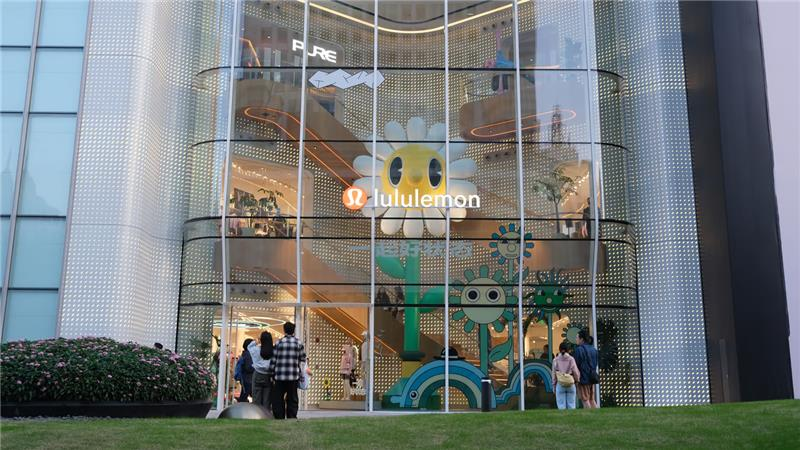A worldwide survey of retail execs indicates that providing “an in-person component to customer experience” is the most important virtue of the physical store, with 44% of respondents naming it.44
For you
Find a card
Ways to pay
Protecting you
Get support
Experience Mastercard
For business
Explore solutions
Explore by industry segment
For the world
Making an impact
Empowering people
Pathways to prosperity
Preserving the planet
About Mastercard
For innovators
Build with us
Partner with us
Explore with us
Engage with us
News and trends
Newsroom
Featured topics
Insights & reports
Press resources
Investor relations

